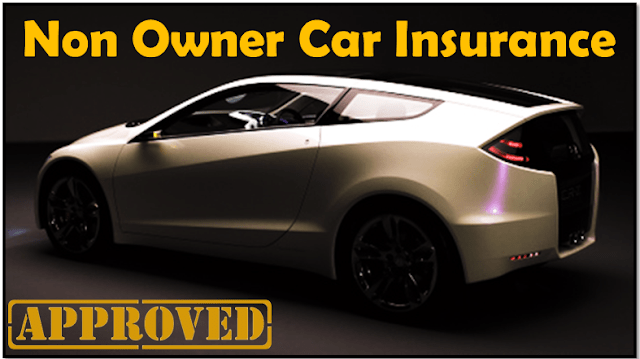How to Get Non-Owner Car Insurance Coverage
If you don't own a car but still need insurance coverage, non-owner car insurance might be your solution. It's designed for those who frequently borrow or rent vehicles. Start by researching providers that offer this specific policy, then gather your personal information for quotes. By comparing options, you can find the right balance of coverage and affordability. Understanding the details of the policy is essential, especially when it comes to liability limits and additional coverage options. Want to know how to navigate this process effectively?
If you're someone who frequently borrows or rents cars but doesn't own one yourself, understanding how to get non-owner car insurance is vital for your financial protection. Non-owner car insurance provides liability coverage specifically designed for drivers without vehicles, guaranteeing that you're financially protected in case of an accident while driving borrowed or rented cars. This type of insurance serves as secondary coverage, stepping in to protect you beyond the limits of the primary policy held by the vehicle owner.
Understanding non-owner car insurance is essential for those who borrow or rent vehicles, ensuring financial protection in accidents.
Identifying whether you need non-owner insurance is straightforward. If you often rent cars or borrow vehicles from friends and family, this coverage is likely a smart choice. It's particularly useful in states that require drivers to have proof of financial responsibility even if they don't own a car. Additionally, maintaining non-owner insurance helps you keep a continuous insurance history, which can save you from higher premiums when you eventually decide to purchase a vehicle.
When shopping for non-owner car insurance, keep in mind that not all insurance companies offer such policies. Some may require you to call or visit in person for quotes, so be prepared to do a little research. It's essential to compare quotes from multiple providers to guarantee you get the best rates and coverage that fit your needs. Remember, insurance requirements can vary by state, making it necessary to check your local regulations. Typically, you'll need to provide basic information like your name, address, driver's license number, and payment method when obtaining a quote.
The average cost for a non-owner insurance policy is around $485 annually, but this can fluctuate based on factors such as your location, driving history, and how often you drive non-owned vehicles. In many cases, opting for a non-owner policy can be a more cost-effective solution compared to purchasing rental car insurance every time you need a vehicle. You can also customize your policy to fit your specific needs, which can affect your overall cost. Lower premiums(https://www.autoinsurance.com) compared to standard car insurance make this option appealing for many drivers.
Key features of non-owner insurance include its role as secondary coverage, primarily focusing on liability for bodily injury and property damage. While it can provide additional options like uninsured or underinsured motorist coverage, it's significant to recognize that it doesn't cover comprehensive or collision damages to the vehicle you're driving. This means you'll still want to be mindful of the vehicle owner's insurance policy limits, as your non-owner coverage will only kick in after those limits are exhausted.
Conclusion
In the journey to secure non-owner car insurance, you're not just checking a box; you're crafting a safety net for your driving adventures. By comparing quotes and understanding policy details, you're weaving a tapestry of protection tailored just for you. Don't let uncertainty steer you off course—take the wheel and navigate through options. With the right coverage, you'll cruise confidently, knowing you're shielded from the unexpected bumps along the road. Your peace of mind is just a quote away!

